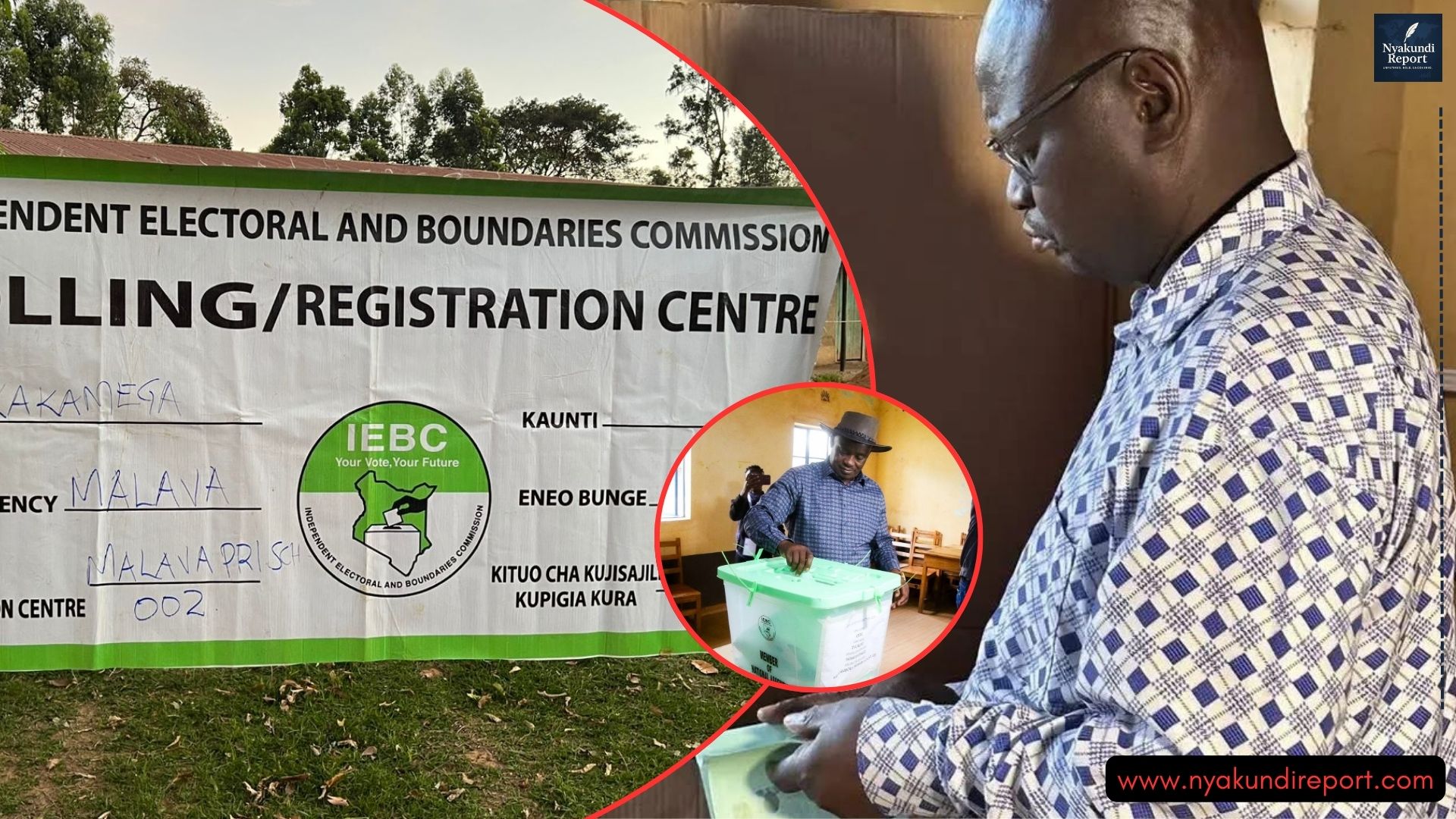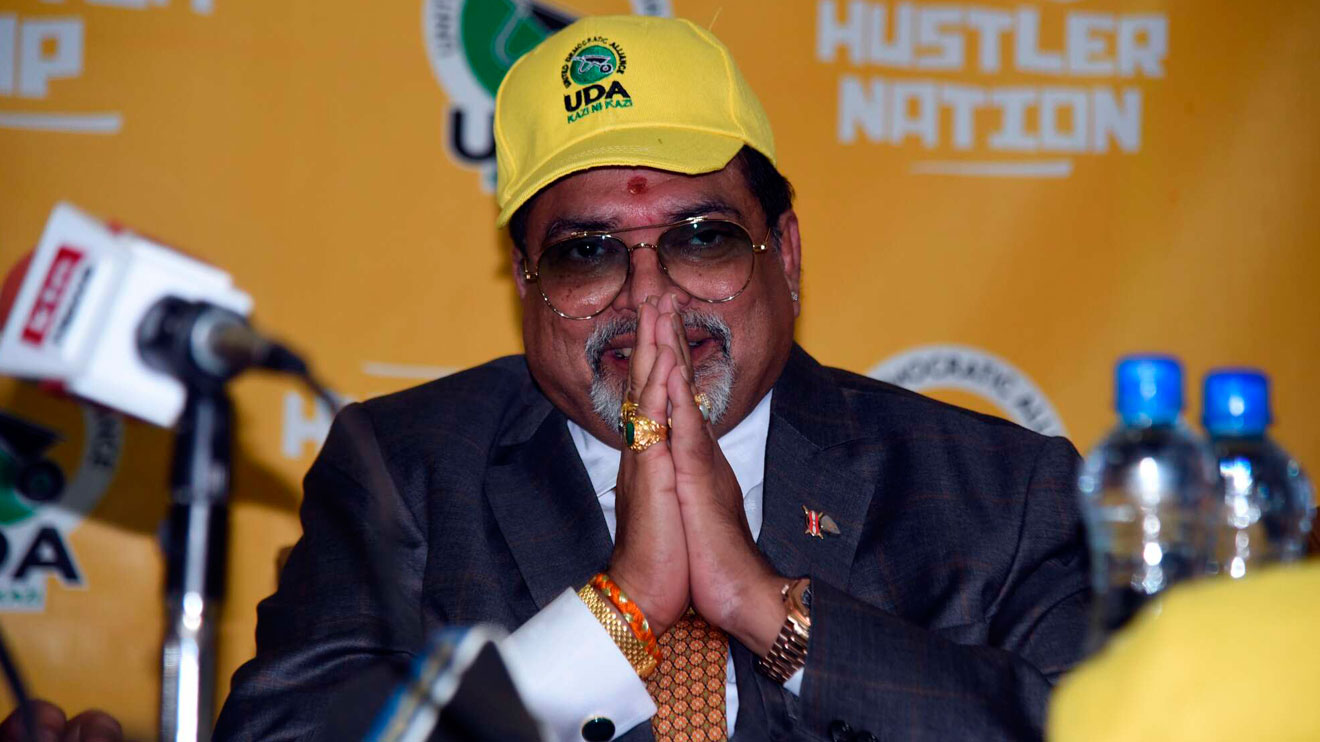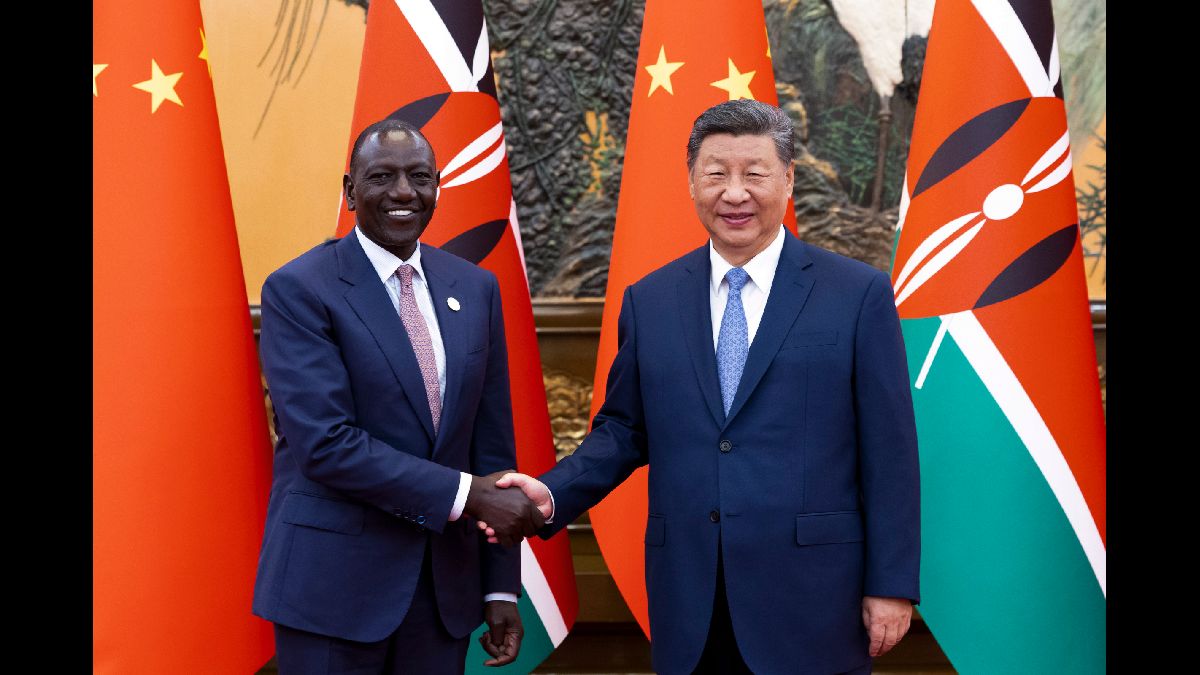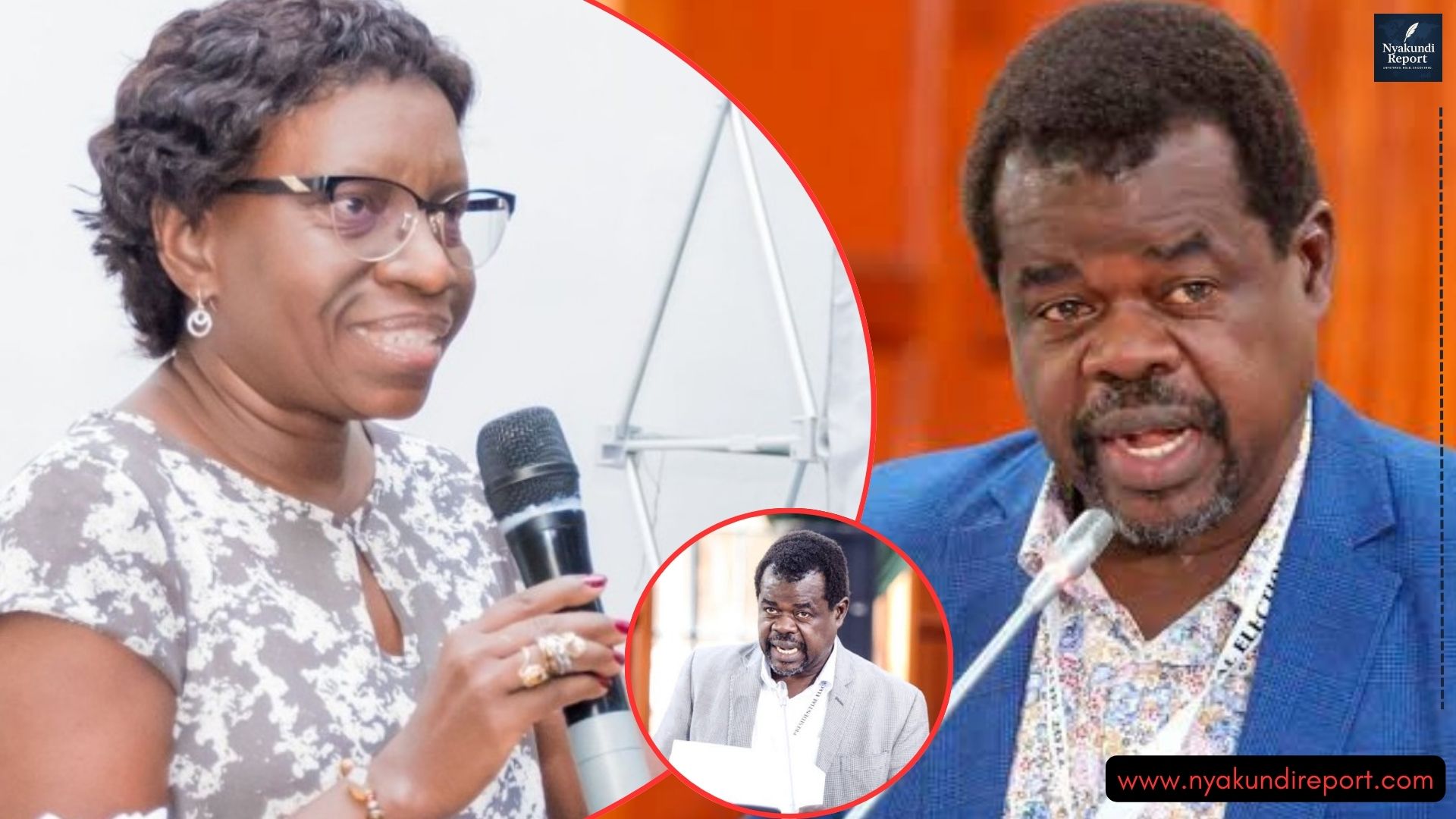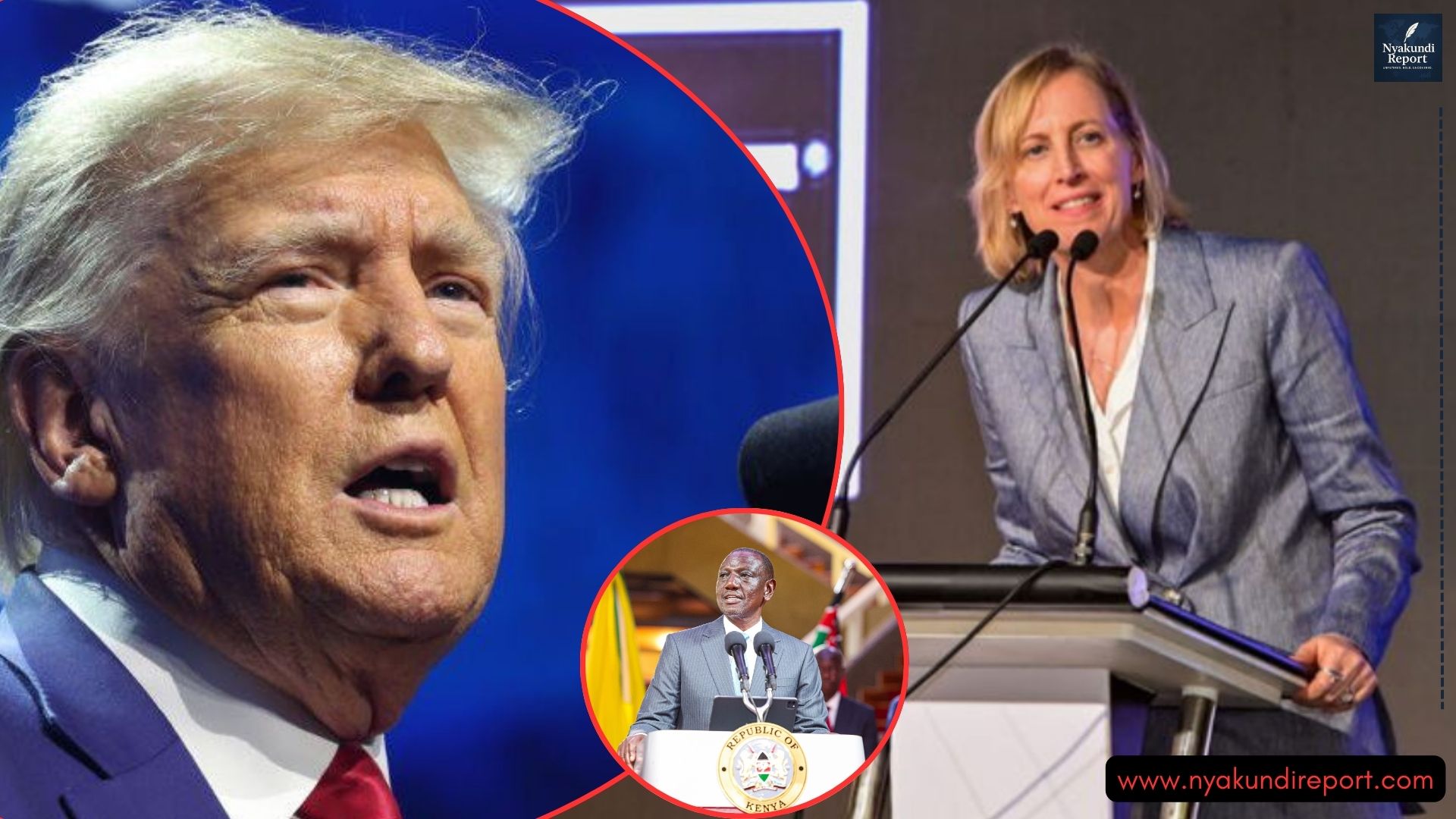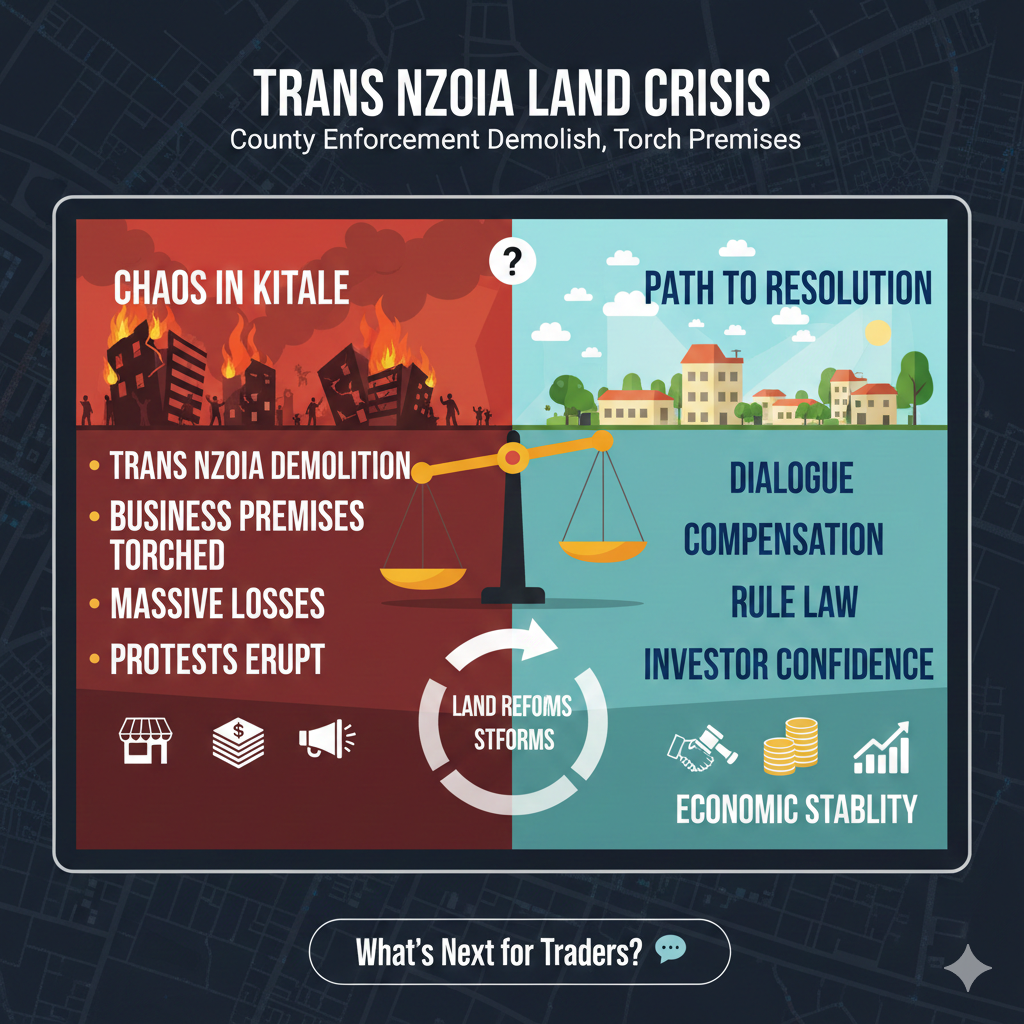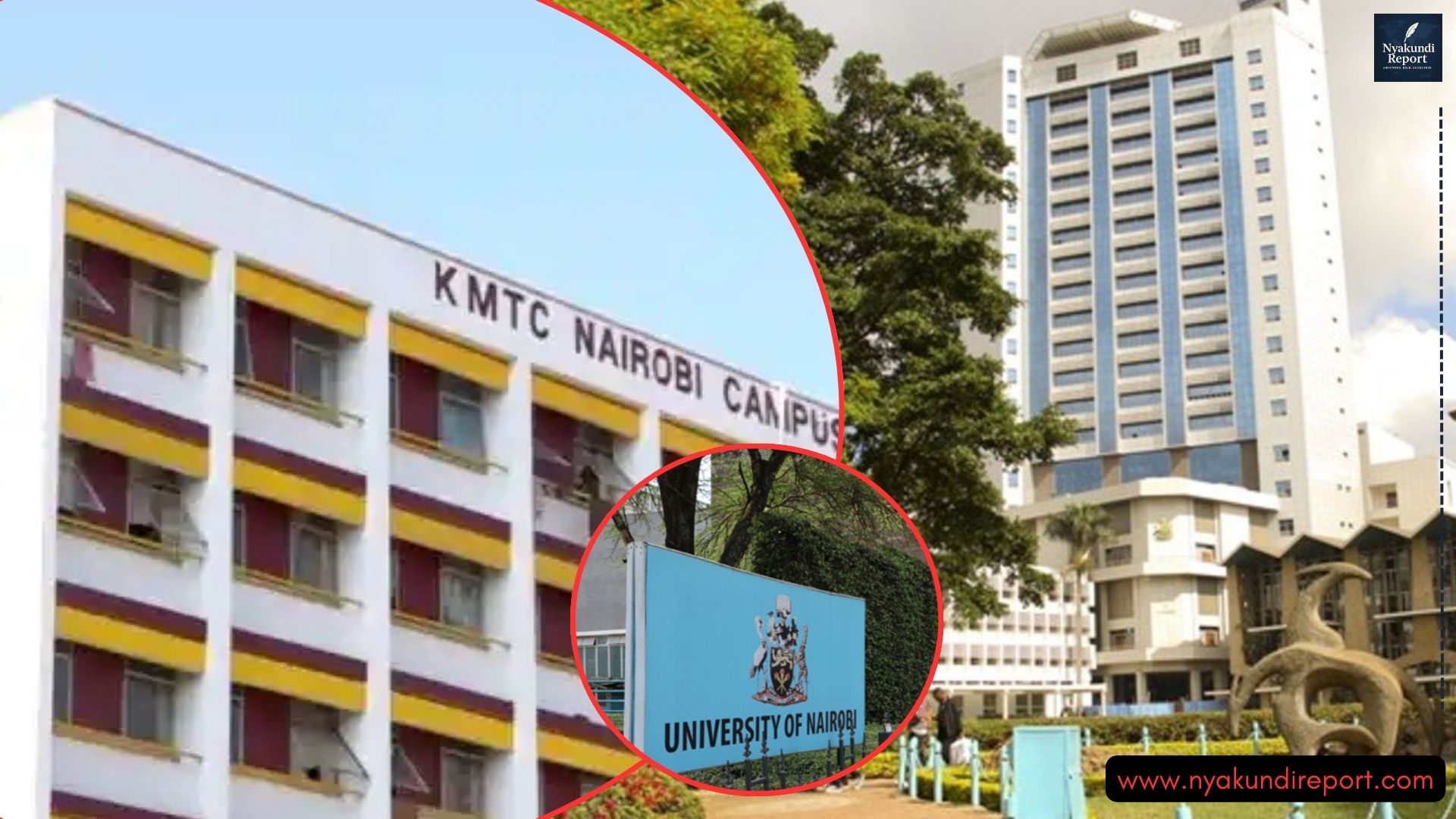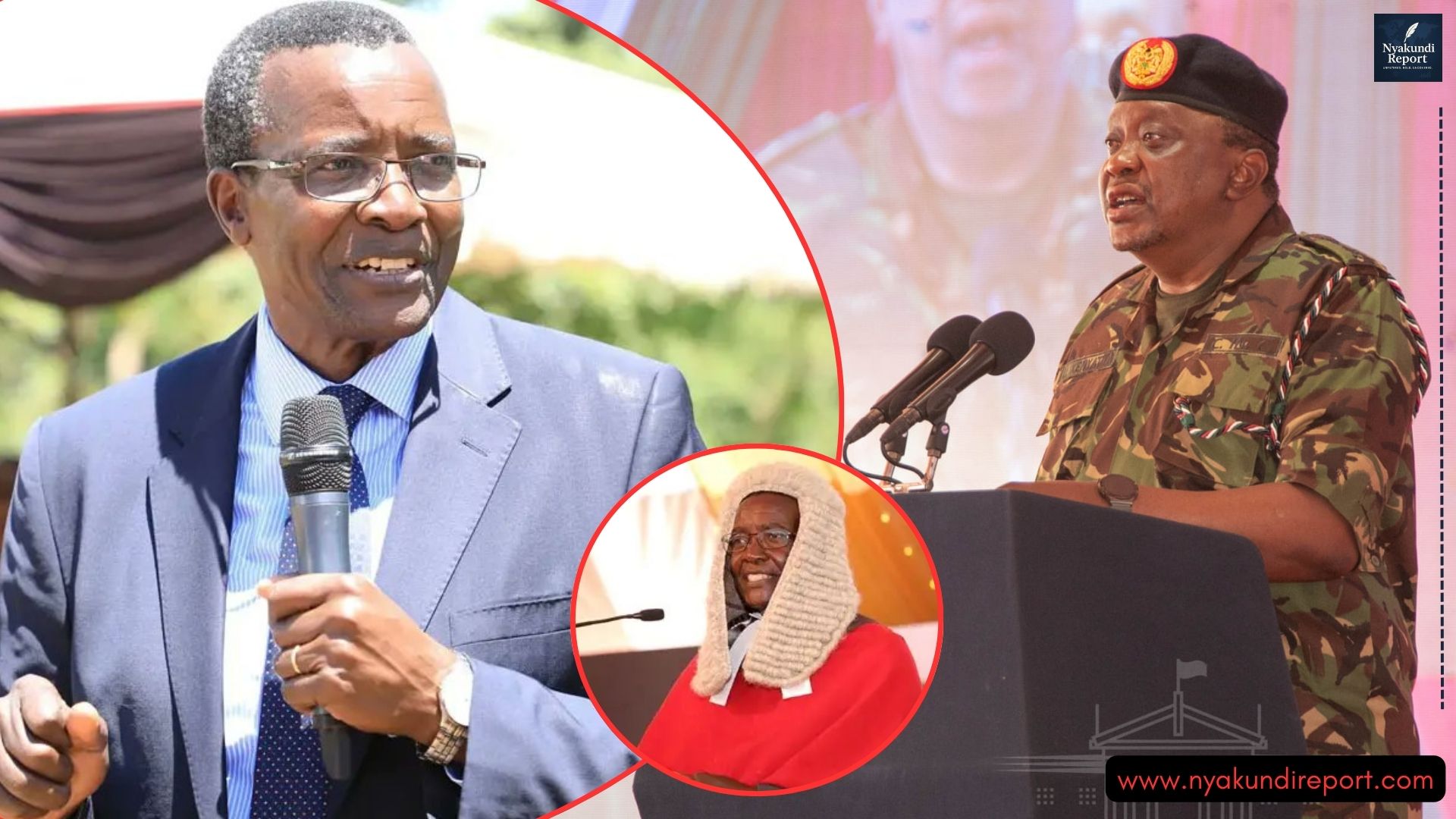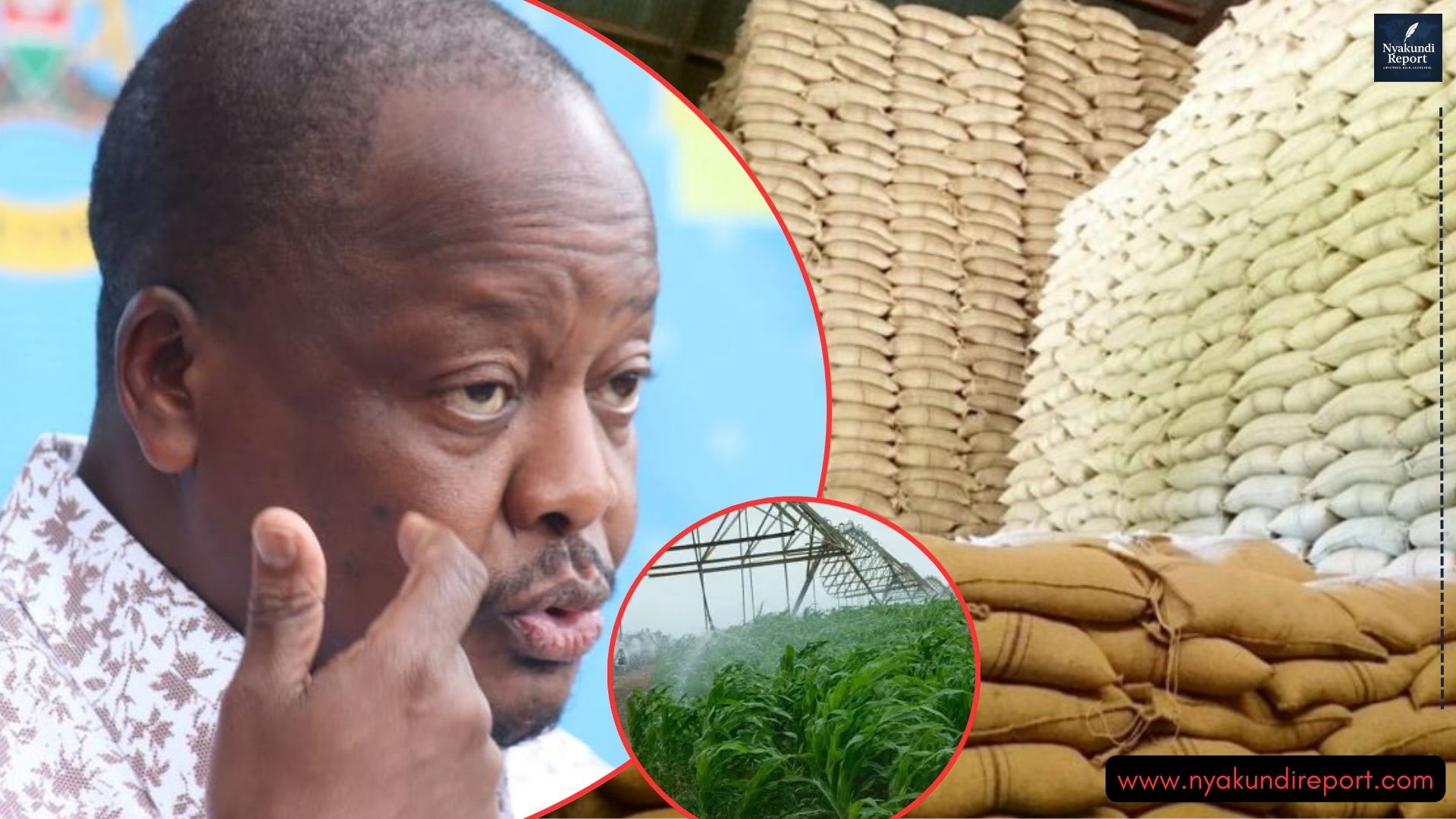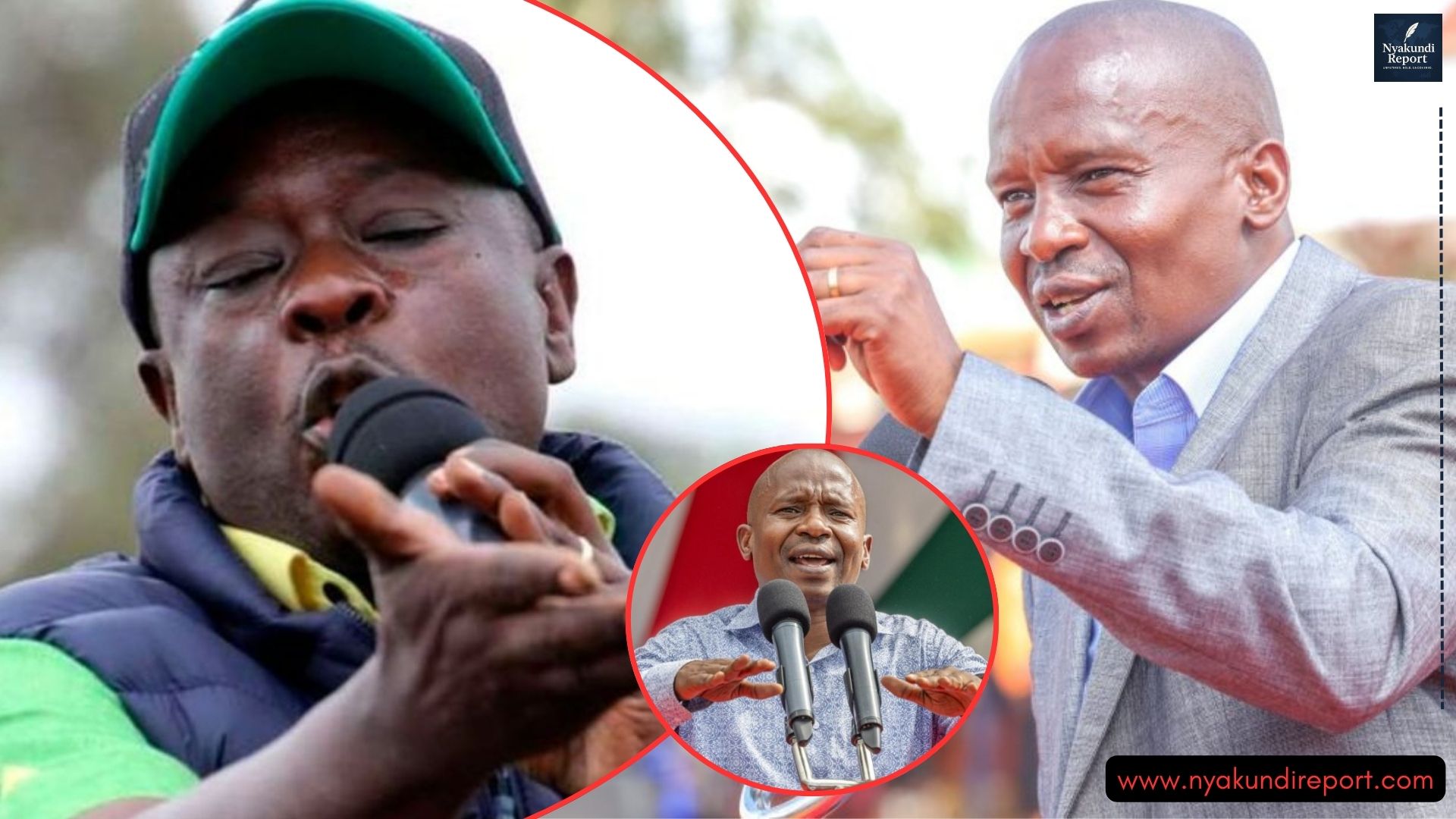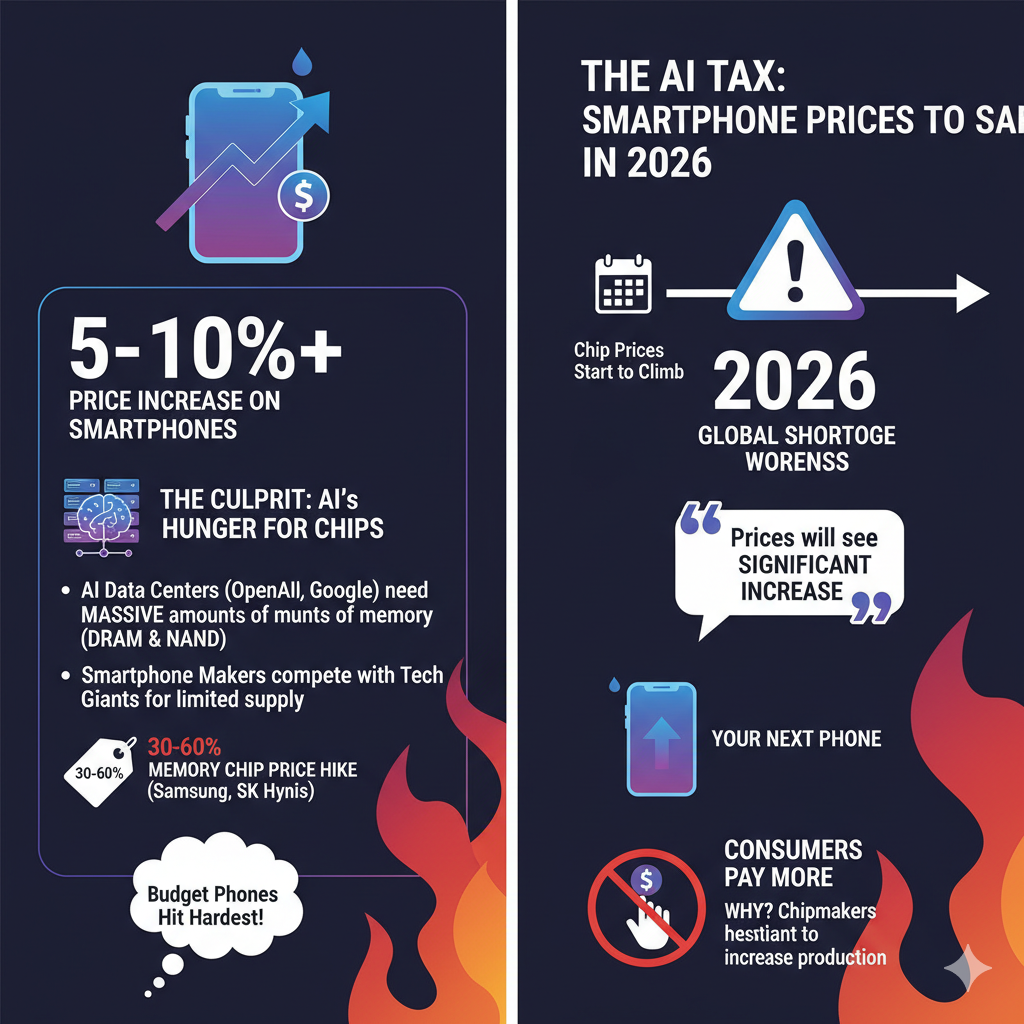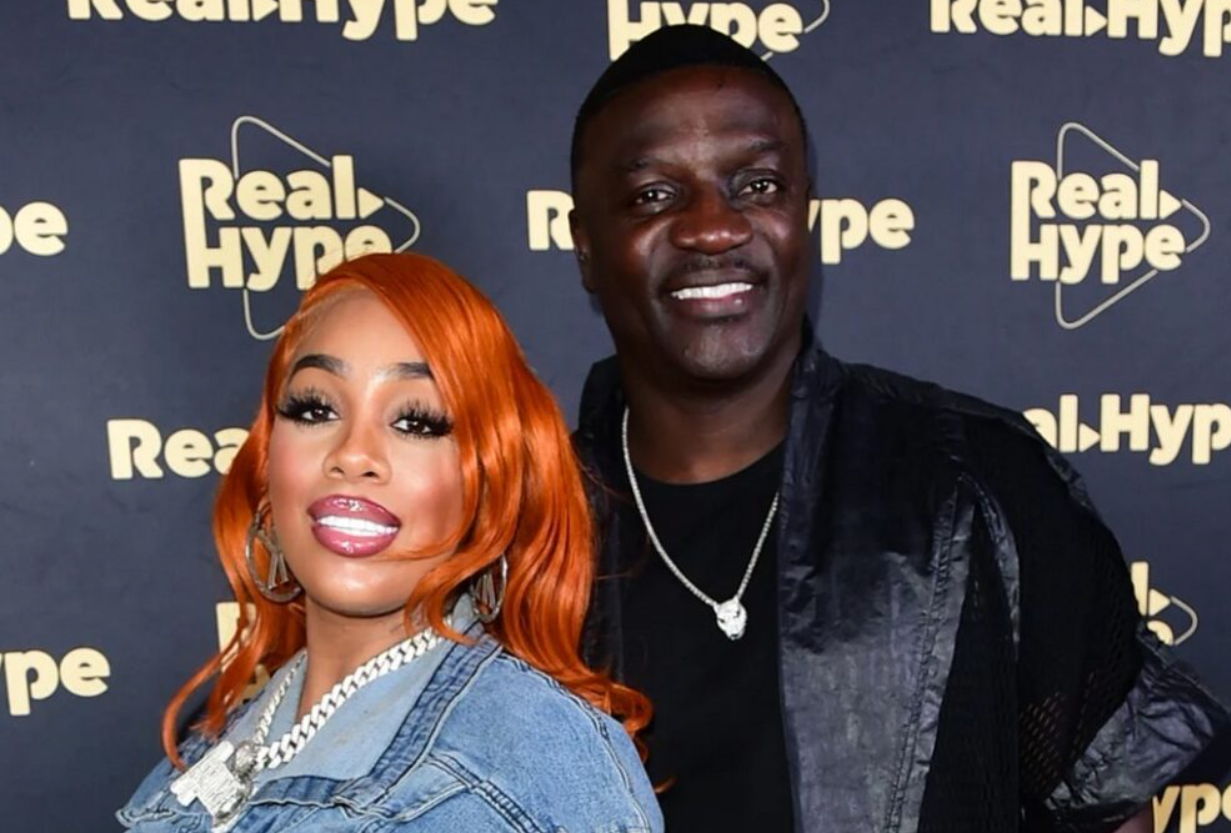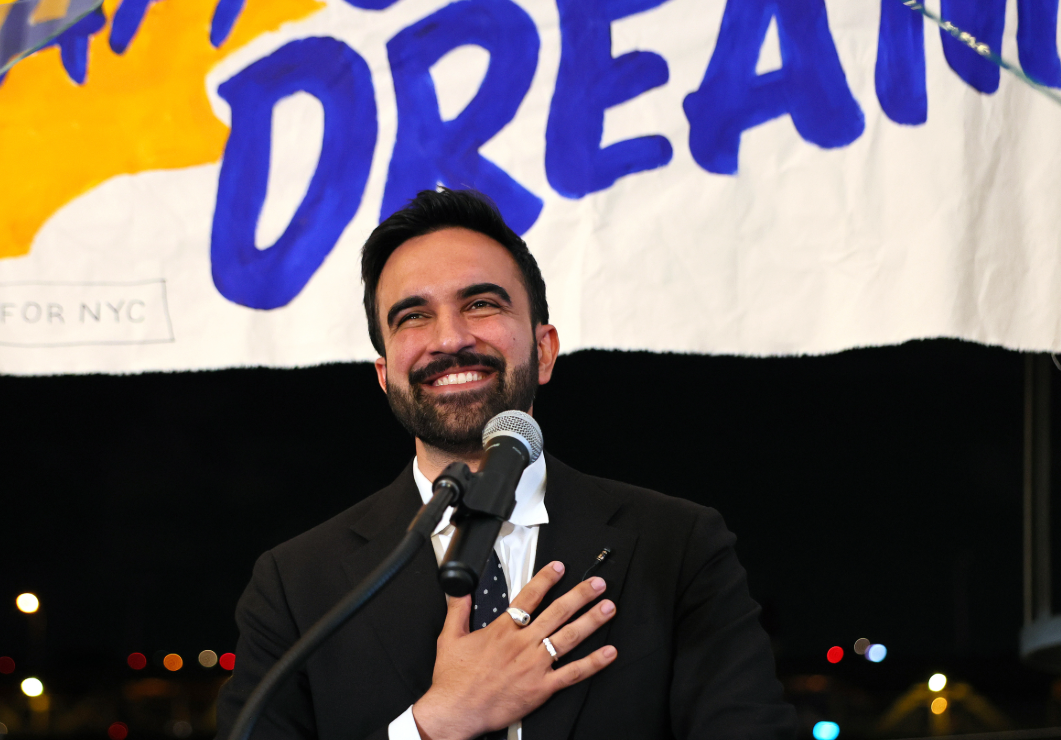Former Nigerian President Muhammadu Buhari Dies at 82: End of an Era
Nigeria is mourning the death of its former president, Muhammadu Buhari, who passed away on 13th July, 2025 at the age of 82.
Buhari died in London, where he had been receiving treatment for a prolonged illness.
Presidential spokesperson Garba Shehu officially confirmed his passing on Sunday evening.
The former military ruler-turned-democratically elected president leaves behind a complex legacy that spans over four decades of leadership—both in uniform and in a suit.
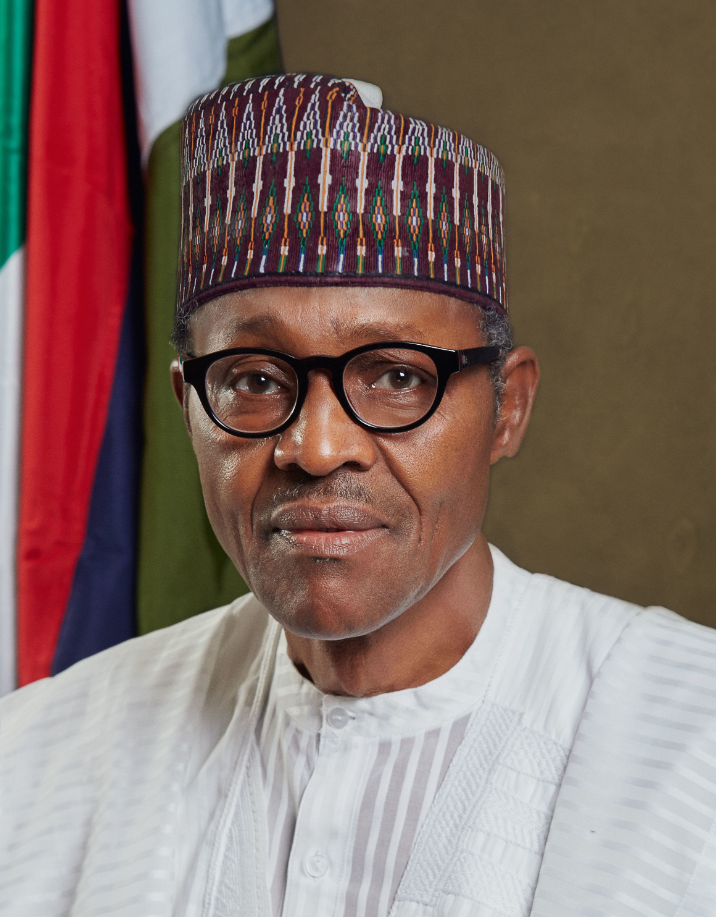
Final Hours & Cause of Death
According to family sources and multiple reports, Buhari succumbed to complications related to leukaemia, a condition he had been quietly battling for over a year.
While the Nigerian government did not publicly confirm the specific illness, investigative outlet Sahara Reporters cited unnamed sources confirming the diagnosis.
Buhari passed away at around 4:30 p.m. GMT in a private London medical facility, where he had been in and out for treatment since early 2024.
A Life in Service: Soldier, Statesman, Symbol
Born on December 17, 1942, in Daura, Katsina State, Buhari joined the Nigerian military at the age of 19.
He rose to national prominence during the Nigerian Civil War, eventually becoming Head of State in 1983 after leading a military coup.
He ruled with an iron fist for two years before being overthrown.
After decades in the political wilderness, Buhari re-emerged as a civilian politician and made history in 2015.
By becoming the first opposition candidate to defeat an incumbent president in Nigeria’s democratic history.
“I belong to nobody, and I belong to everybody,” Buhari famously declared during his 2015 inauguration.
He was re-elected in 2019 and served until 2023, when Bola Ahmed Tinubu succeeded him.
Legacy: Patriotism, Discipline, and Controversy
✅ Achievements
Anti-Corruption Campaign: Buhari’s government launched high-profile probes, jailed public officials, and pushed asset recovery measures.
Security Response: He ramped up military operations against Boko Haram and ISWAP, securing the release of many kidnapped students.
Infrastructure Projects: Oversaw railway revitalization, road rehabilitation, and expansion of agricultural programs.
❌ Criticisms
Economic Mismanagement: Buhari’s tenure saw two recessions, spiraling inflation, and currency devaluation.
Authoritarian Governance: Critics decried shrinking civic space, social media crackdowns, and police brutality during protests like #EndSARS.
Medical Secrecy: Buhari’s repeated, prolonged absences abroad for medical care stirred controversy and speculation about transparency.
Despite this, many Nigerians respected his image as a disciplined, austere, and incorruptible leader.
National Mourning Declared
President Bola Tinubu announced seven days of national mourning and ordered all flags flown at half-mast.
He also tasked Vice President Kashim Shettima with coordinating the return of Buhari’s remains to Nigeria for a state funeral.
In Katsina State, Governor Dikko Umar Radda declared July 14 a public holiday in Buhari’s honor.
World leaders, including Indian PM Narendra Modi, South African President Cyril Ramaphosa.
And former U.S. President Barack Obama, sent in tributes recognizing Buhari’s pivotal role in African geopolitics.
Funeral & Next Steps
Burial: Expected to follow Islamic rites in Daura, likely within 48 hours of his passing.
State Memorial: Planned at Eagle Square, Abuja, with dignitaries from across the globe.
Legacy Conversations: Discussions now swirl about Buhari’s impact on democracy, security, and national unity.
In Summary
Muhammadu Buhari’s death marks the departure of one of Nigeria’s most consequential and polarizing figures.
Whether hailed as a principled patriot or critiqued as an aloof autocrat, his imprint on Nigeria’s history is undeniable.
As Nigeria reflects, one thing is certain: an era has ended.
ALSO READ: Chief Justice Martha Koome Swears in New IEBC Chair and 6 Commissioners Hours After Court Ruling


